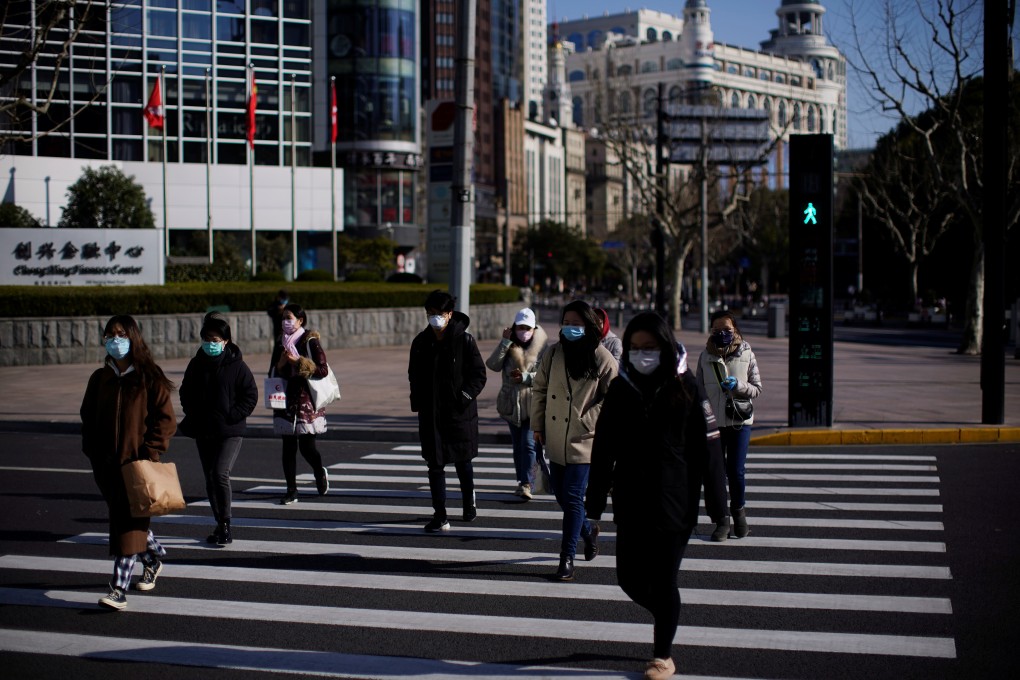Chinese developers among debtors most at risk of refinancing failure as coronavirus hits businesses, liquidity, Fitch says
- Ten companies face ‘moderate to high’ refinancing risks, with six of them in the real estate development sector: Fitch
- They are among 166 rated companies with US$83.5 billion worth of local and offshore debt maturing between now and June

Chinese companies are facing increasing refinancing pressure as the deadly coronavirus outbreak rages on, with smaller property developers the most at risk of failure, according to the latest report by Fitch Ratings.
The Covid-19 outbreak has impacted the operations of nearly all of the 166 Chinese companies rated by the credit rating company, it said in the report published on Monday. They have a combined 583 billion yuan (US$83.5 billion) worth of domestic and offshore debt coming due between February and June this year.
As a result, 10 out of the 166 companies face ‘moderate to high’ refinancing risks, of which six of them are in the real estate development sector, analysts led by Matt Jamieson wrote in a report published on Monday. “Small home builders that are more challenged by liquidity and funding access will be the most affected.”
Four developers are forecast to have high refinancing risk, including Xinhu Zhongbao which based in eastern Zhejiang province, and Yida China Holdings, a subsidiary of the debt-laden private investment firm China Minsheng Investment Group.
The two companies did not return emails from the Post seeking comments on the Fitch assessment. Calls to the phone numbers listed on their websites were not answered.
The coronavirus outbreak has claimed 1,775 lives as of Monday, with more than 71,000 confirmed cases of infection, mostly in mainland China. Many factories are still struggling to resume production as a result of local governments’ safety prevention measures.